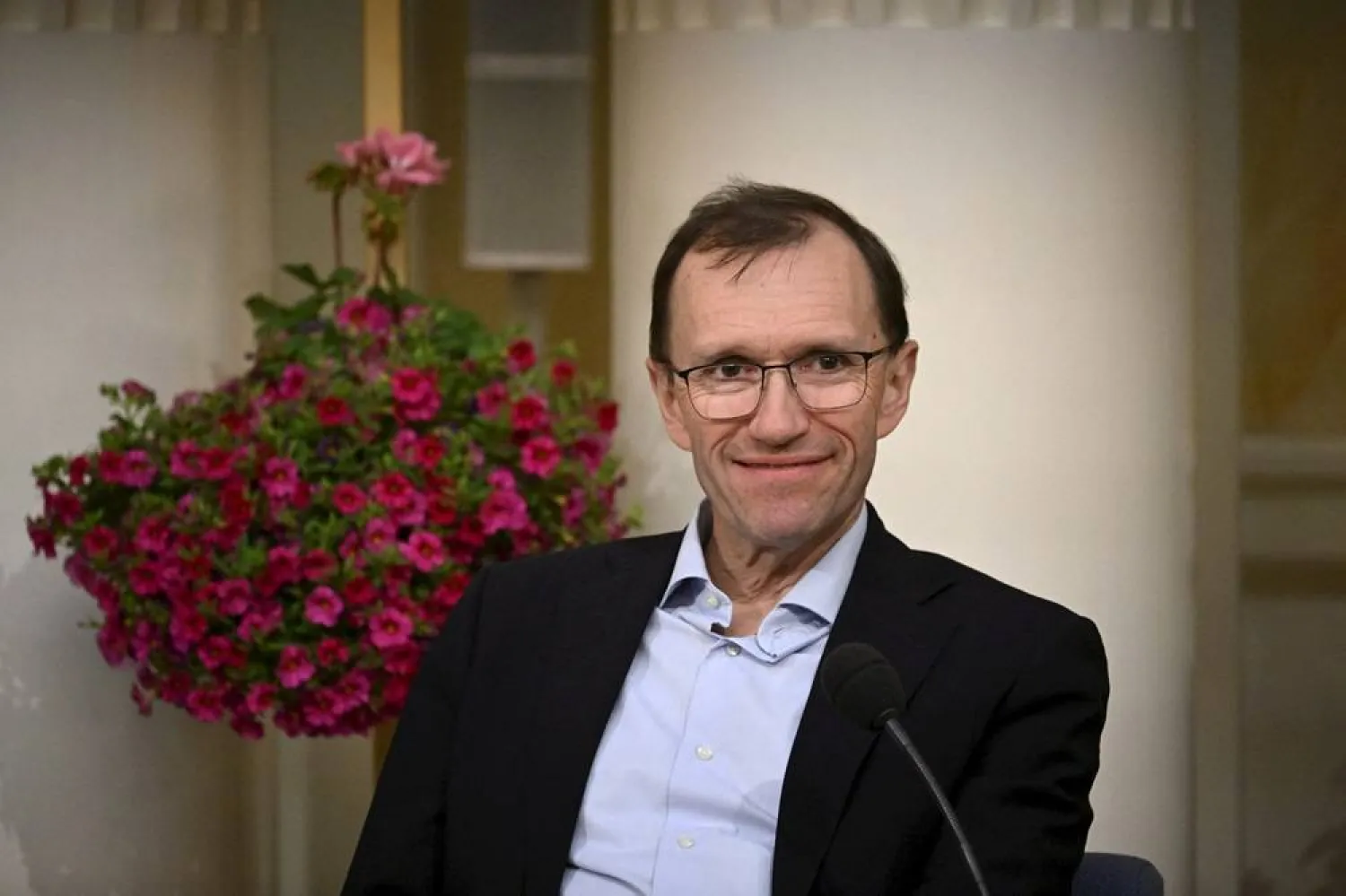The Palestinian Authority could collapse in the coming months, Norwegian Foreign Minister Espen Barth Eide said on Monday, citing a lack of funding, continuing violence and the fact that half a million Palestinians are not allowed to work in Israel.
"The situation is extremely dire. The Palestinian Authority, with whom we work closely, are warning us that they might be collapsing this summer," Barth Eide told Reuters.
"If it collapses, you could end up having another Gaza, which would be terrible for everybody, including the people of Israel," he added.
Norway chairs the international donor group to the Palestinians and is a backer of the PA.









